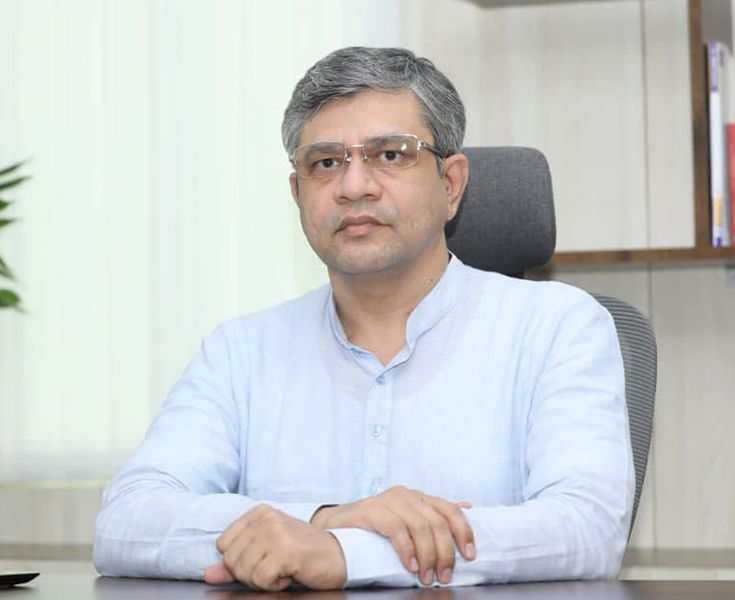The Indian government will begin work on a regulation dedicated to tackling deepfakes, the Minister of Electronics and Information Ashvini Vaishnav said on November 23, 2023. He said after the meeting with social media platforms, concerns mount over the use of technology to spread disinformation. “We will start drafting the regulations today itself, and within a very short timeline, we will have a new regulation to counter deepfakes,” Vaishnav said.
New Legislation
Apart from that, within the next ten days, the government would come up with clear, actionable items in four pillars, the first being the detection of deepfakes and misinformation, how to prevent the spread of misinformation, how to strengthen reporting mechanisms, in-app reporting mechanism have to strengthen and increased awareness, the minister said.
The new legislation will also go through a new act, new rules, and new amendments to existing rules, Vaishnav said, adding that all social media companies agreed that labelling and watermarking of deepfakes were necessary.
On Deepfakes, Union Minister for Communications, Electronics & IT Ashwini Vaishnaw says, “Regulations can be in the form of amending existing rules or bringing in new rules or making a new law, which is the most appropriate way we will work on it. All the social media platforms agree that today, an extensive set of technologies are available to automatically detect. They agree that, yes, there are good technologies which are available. The professors also very categorically said that yes, technologies are available.”
All the companies have shared our concerns. They have understood that this is not free speech or something harmful, and they have understood the need for regulation. Deepfake is a piece of technology that leverages AI to alter a person’s appearance, voice or actions in a way that can be challenging and realistic, challenging to discern from authentic, unaltered content.
Examples and Instances
A few weeks ago, a digitally altered video of actress Rashmika Mandanna went viral. Other important celebrities who have fallen prey to deepfakes include actress Kajol, Katrina Kaif and even the prime minister of India, Narendra Modi was seen in a deepfake video playing Garba.
As their respective deepfake videos went viral on social media, the Ministry warned social media platforms that their failure to remove deepfake content could attract penalties such as losing safe harbour provisions. The Safe Harbour provisions give internet platforms legal immunity against content shared by users on the platforms.
Platforms had responded to advisory and detained how they deal with content, but the government felt they needed to do more, Vaishnav said. That was also the reason that the representatives of the social media platforms earlier in the day to brainstorm over the issues.
PM Modi on Deepfakes
Previously, PM Narendra Modi expressed concerns over the misuse of technology and artificial intelligence to create deepfakes and said that the media can play a role in awareness. He reiterated his concerns at the opening of the virtual G20 Summit on November 22, 2023.
“The world is worried about the negative effects of Artificial Intelligence (AI). India thinks that we have to work together on global regulations for AI. Understanding how dangerous deepfakes are for society and regulations, we need to move forward. We want AI to reach people, and it must be safe for society,” Modi said.





















Comments